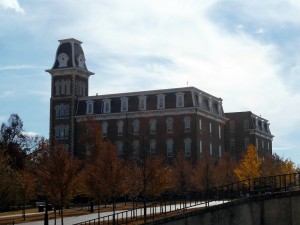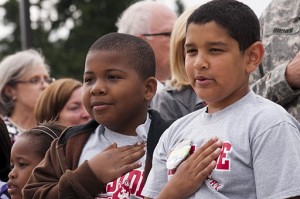Family Council Releases Two New Policy Briefs on Fayetteville Ordinance
Today Family Council is releasing two new policy briefs on the recently-passed “nondiscrimination” ordinance in Fayetteville (Fayetteville Chapter 119).
The first policy brief analyzes the last-minute amendments adopted by the Fayetteville City Council prior to passing the ordinance.
The second policy brief reexamines the ordinance as a whole and the unintended consequences it carries.
Of particular importance are that the ordinance:
- Still opens churches, private schools, and religious people who own businesses to the threat of criminal prosecution;
- Opens some ministers, individually, to the possibility of criminal prosecution; and
- Still does not prevent a man who claims to be a woman from using the women’s restrooms, showers, locker rooms, or changing areas at businesses and public locations.
Click here to read Family Council’s analysis of the amendments made to Fayetteville Chapter 119 prior to passage.
Click here to read Family Council’s new policy brief on Fayetteville Chapter 119.


 Schools have been a religious liberty battleground since 1962 when the U.S. Supreme Court declared school-sponsored prayer off-limits. Over 50 years later the lines are still being drawn.
Schools have been a religious liberty battleground since 1962 when the U.S. Supreme Court declared school-sponsored prayer off-limits. Over 50 years later the lines are still being drawn.